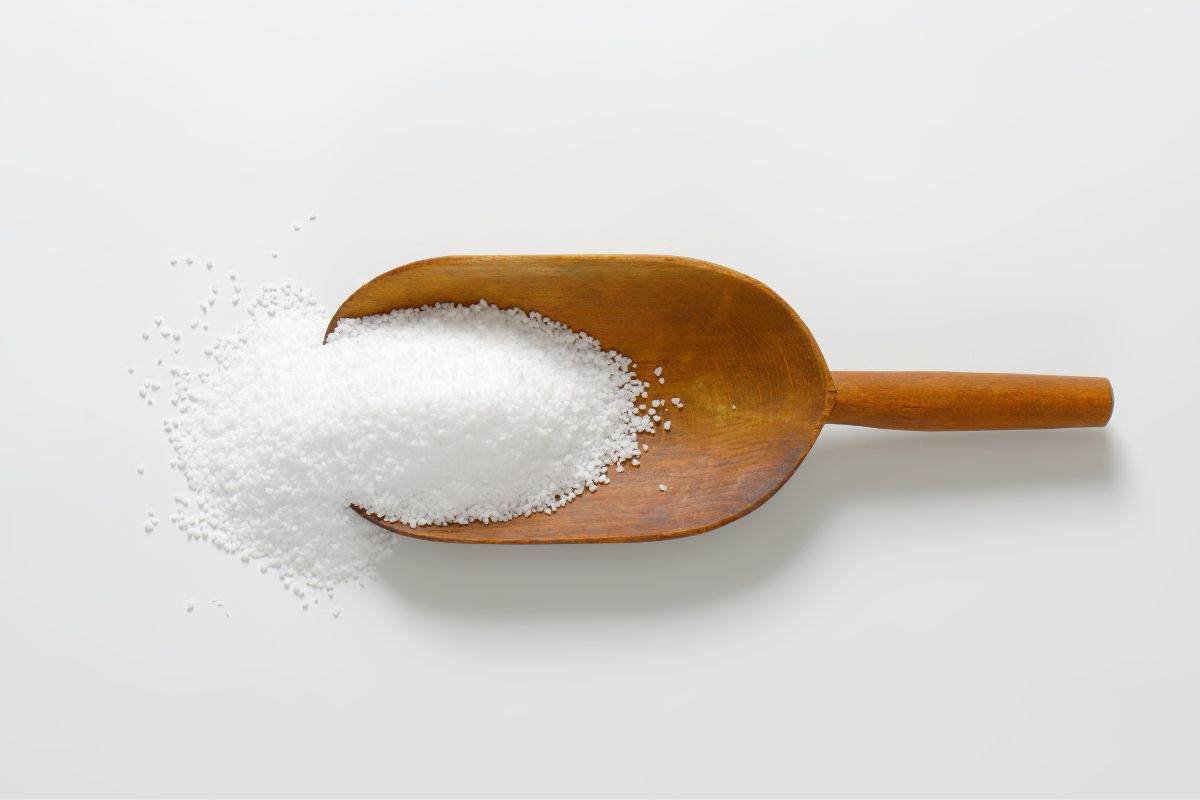Kosher salt is coarse, usually free of additives, and its level of saltiness can vary between different brands and types. If you need to replace kosher salt, you can use table salt. Another option could be coarse sea salt, which has a similar texture to kosher salt.
Table of Contents
What is kosher salt?
Kosher salt is a coarse grain salt used in cooking and baking, particularly in Jewish cuisine. It is made by compacting granulated salt, typically refined to remove impurities. Unlike table salt, which is fine and compact, kosher salt has larger, irregularly shaped crystals, which makes it easier to sprinkle evenly over food.
Kosher salt gets its name from its use in the koshering process, which involves removing blood from meat according to Jewish dietary laws. However, kosher salt is not limited to Jewish cuisine and is widely used in cooking and baking, particularly in the United States.
Kosher salt does have a slightly different flavor than table salt, but this difference is not significant enough to affect the overall taste of a dish. The larger kosher salt crystals dissolve more slowly, resulting in a slightly different texture in some recipes.
Some people also prefer the flavor and texture of kosher salt for seasoning and finishing dishes, such as sprinkling it over grilled meats or salads.
What is the difference between kosher salt and other types of salt?
Here’s how kosher salt compares to other salt types:
| Kosher salt | Less dense than table salt, making it easier to control the level of saltiness in a dish |
| Table salt | A fine-grain, highly processed salt often used in baking |
| Himalayan pink salt | A natural, unprocessed salt with a slightly milder flavor |
| Pickling salt | A pure salt explicitly used for preserving food |
| Coarse sea salt | A salt with larger granules and a saltier flavor |
| Fine sea salt | A smaller-grain salt with a milder flavor |
| Maldon sea salt | Flaky with a delicate, slightly briny flavor |
| Morton salt | A brand of table salt with added anti-caking agents |
| Iodized salt | A table salt with added iodine, vital for thyroid function |
| Rock salt | A large-grain salt often used for de-icing roads and sidewalks |
| Celery salt | A seasoning salt made from ground celery seeds and salt. Its distinctive flavor is milder and frequently combined with other seasonings |
| Hawaiian red salt | A type of sea salt that is rich in minerals and has a slightly sweet taste |
Other salts as kosher salt alternatives
Kosher salt is a lovely addition to any kitchen, but it’s not the only way to get that satisfying crunch and delightfully salty flavor. If you’ve got a taste for something new, check out the best kosher salt substitutes:
- Table salt
- Himalayan pink salt
- Pickling salt
- Coarse sea salt
- Fine sea salt
- Maldon sea salt
- Morton salt
- Iodized salt
- Rock salt
- Celery salt
- Hawaiian red salt
1. table salt
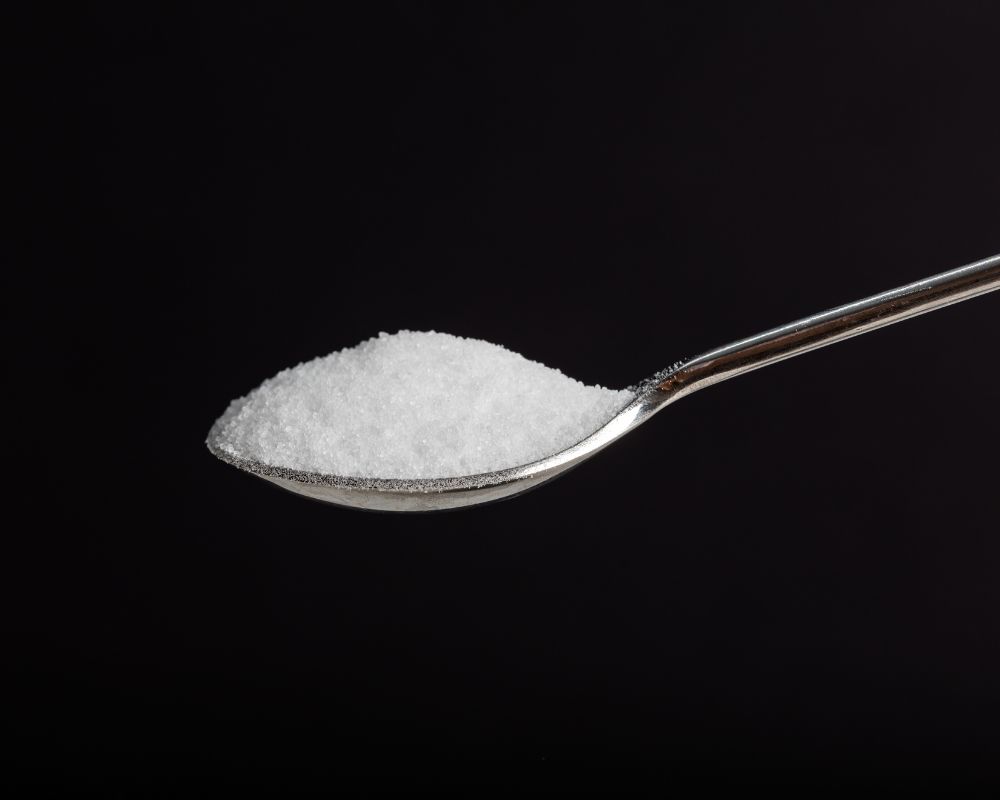
Regular table salt is the most commonly used salt and is a good alternative to kosher salt in most recipes. It is fine-grained and has a more concentrated flavor than kosher salt.
To substitute a teaspoon of kosher salt, use 3/4 teaspoon of table salt.
2. Himalayan pink salt
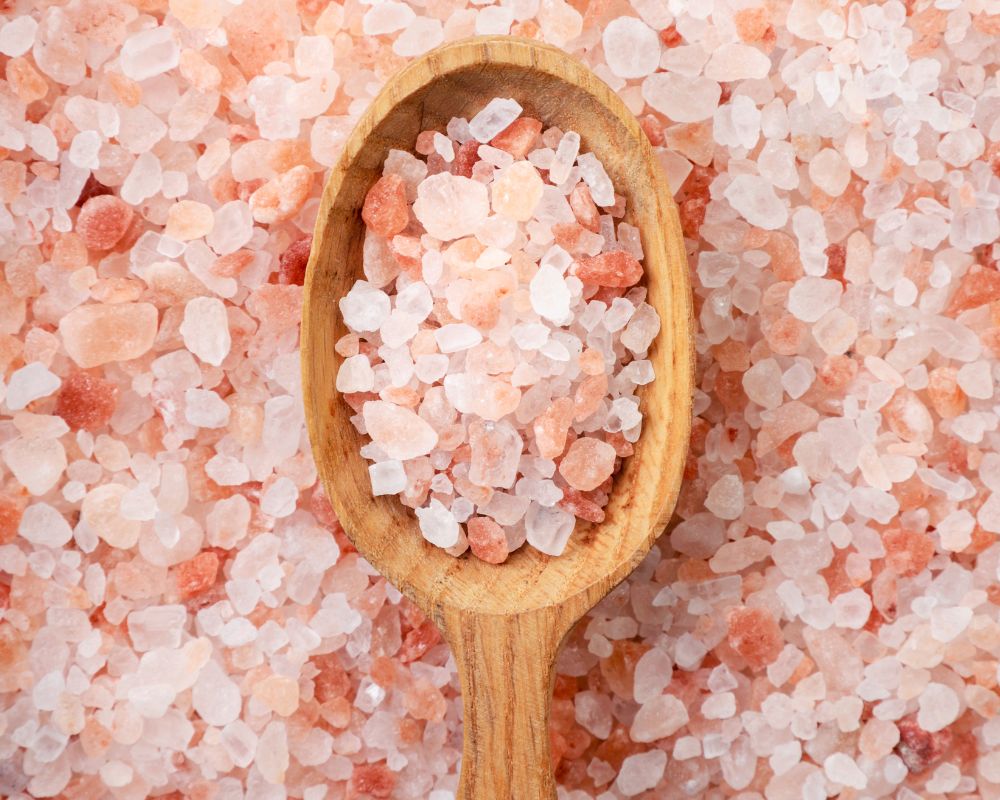
Pink Himalayan salt is a type of salt with a coarse texture and a milder flavor than kosher salt. It is a good kosher salt alternative for recipes with a desired delicate salt flavor. It also has a distinctive pink color that looks beautiful on some dishes.
To substitute for kosher salt, use the same amount of Himalayan pink salt.
3. pickling salt
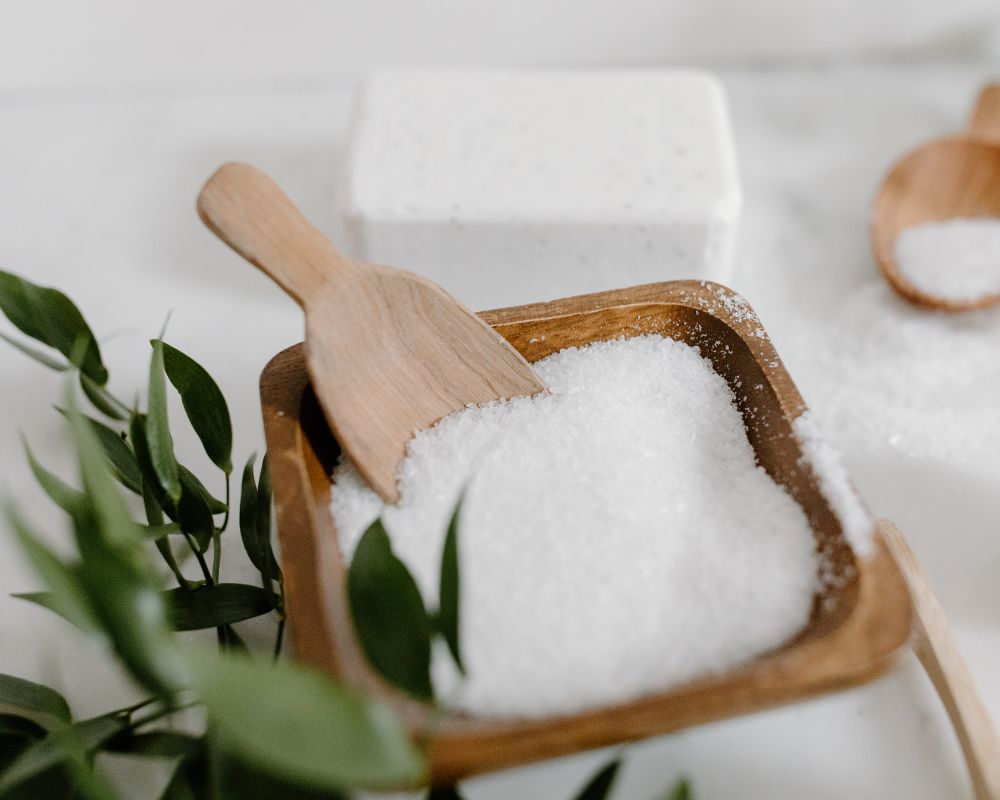
Pickling salt is a fine-grained salt often used in pickling and canning recipes. It is free of iodine and anti-caking agents, making it a pure salt.
For every teaspoon of kosher salt, use about 1 1/2 pickling salt.
4. coarse sea salt
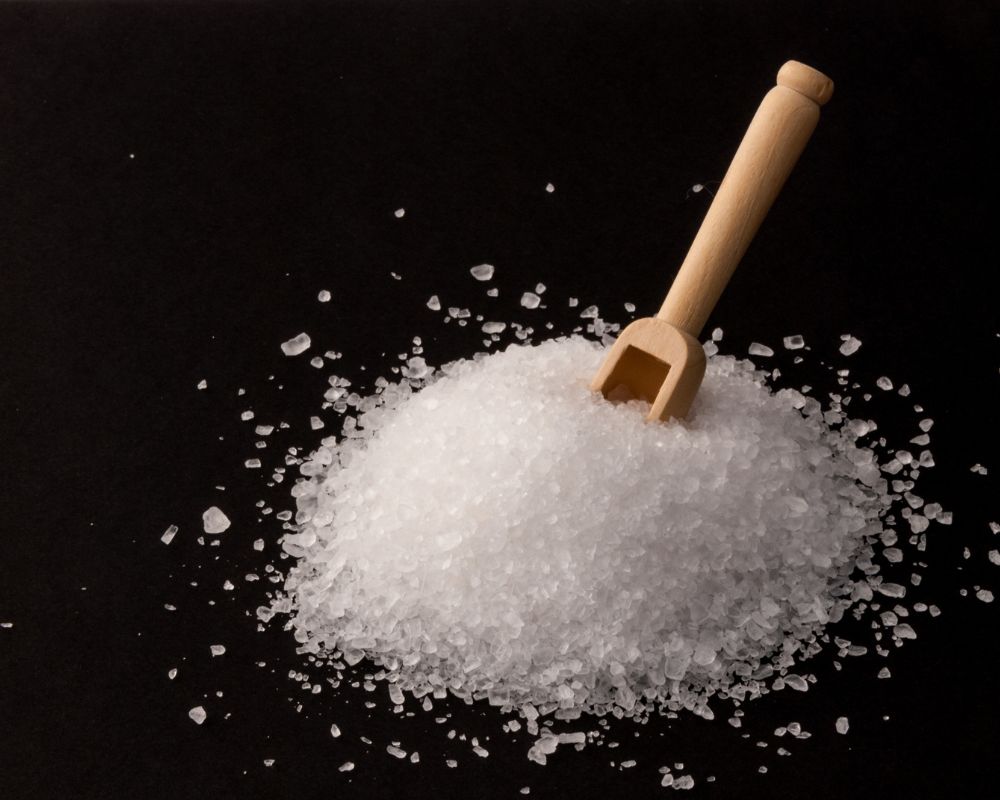
Coarse sea salt has a larger grain size than kosher salt and a briny flavor. It is a good alternative for recipes that require a salty crunch.
To substitute for kosher salt, use an equal amount of coarse sea salt.
5. fine sea salt
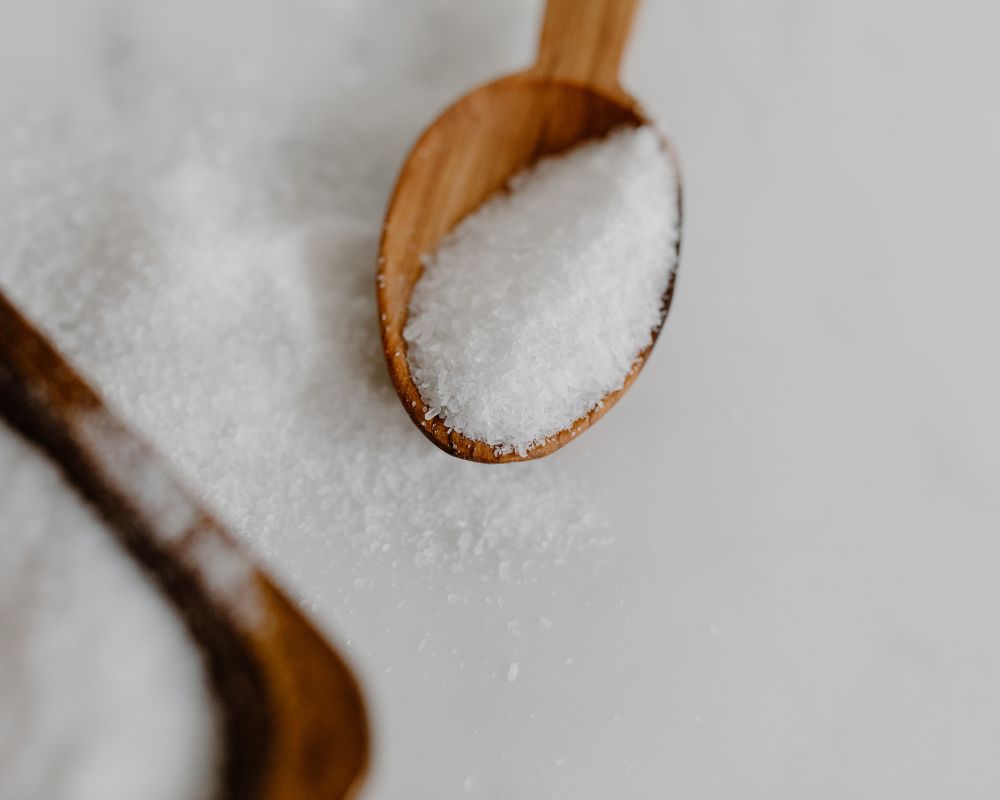
Fine sea salt is similar to table salt in texture but has a more delicate flavor. It is an excellent alternative to kosher salt in recipes that require a mild salty taste.
The substitution ratio is 3/4 teaspoons of fine sea salt to 1 teaspoon of kosher salt.
6. Maldon sea salt
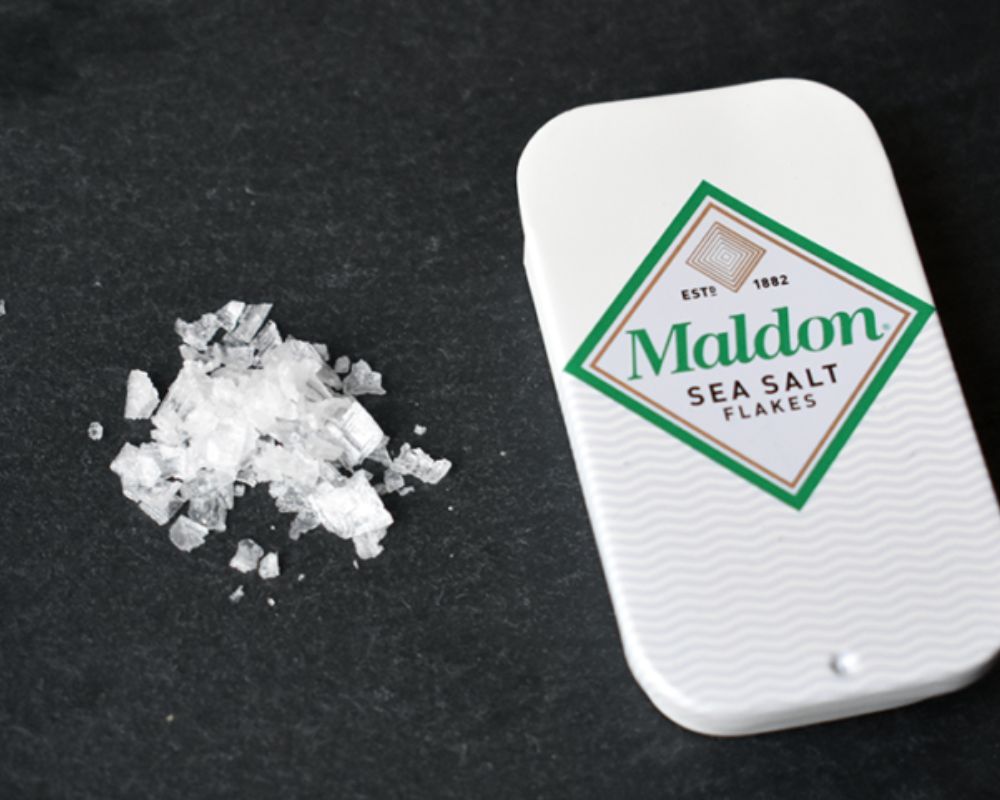
Maldon sea salt is crunchy and flaky, with a mild, briny flavor. It is often used as a finishing salt and works wonderfully atop baked vegetables.
It’s a great substitute for an extra kick or to finish a dish.
The substitution ratio is 1:1, but this is approximate — add more if you see fit.
7. Morton salt
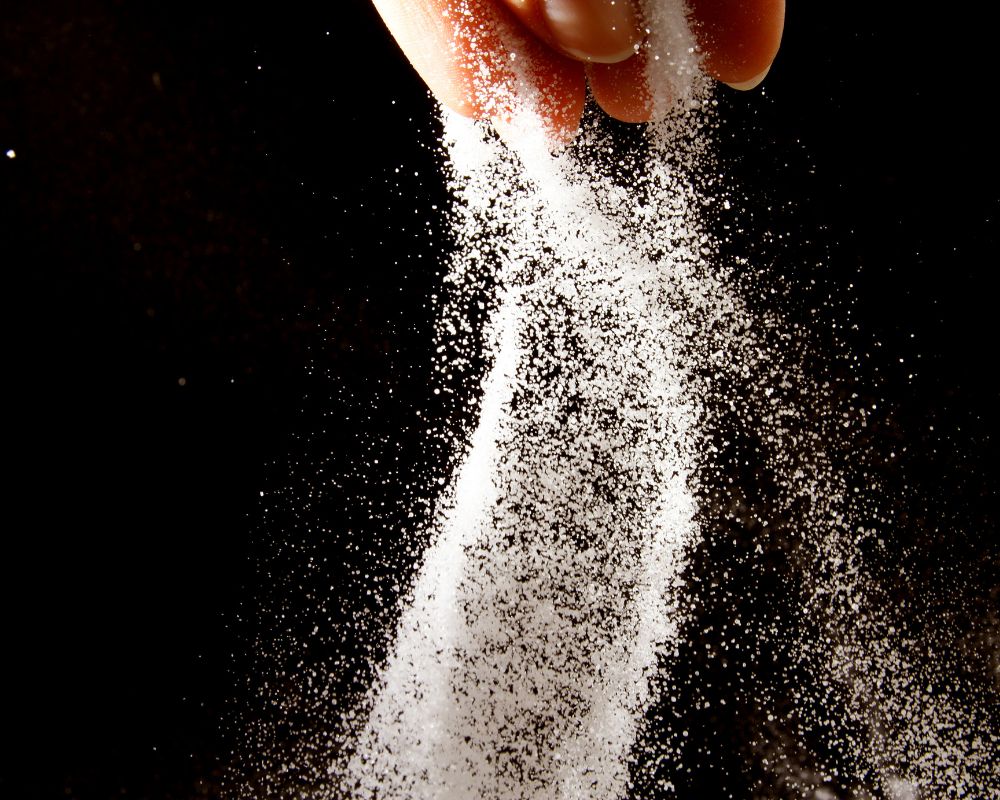
Morton salt is a brand of table salt that contains added iodine and anti-caking agents. It can be used as a substitute for kosher salt, but its flavor is more concentrated.
The substitution ratio is1 teaspoon of kosher salt to 1 teaspoon of Morton salt.
8. iodized salt
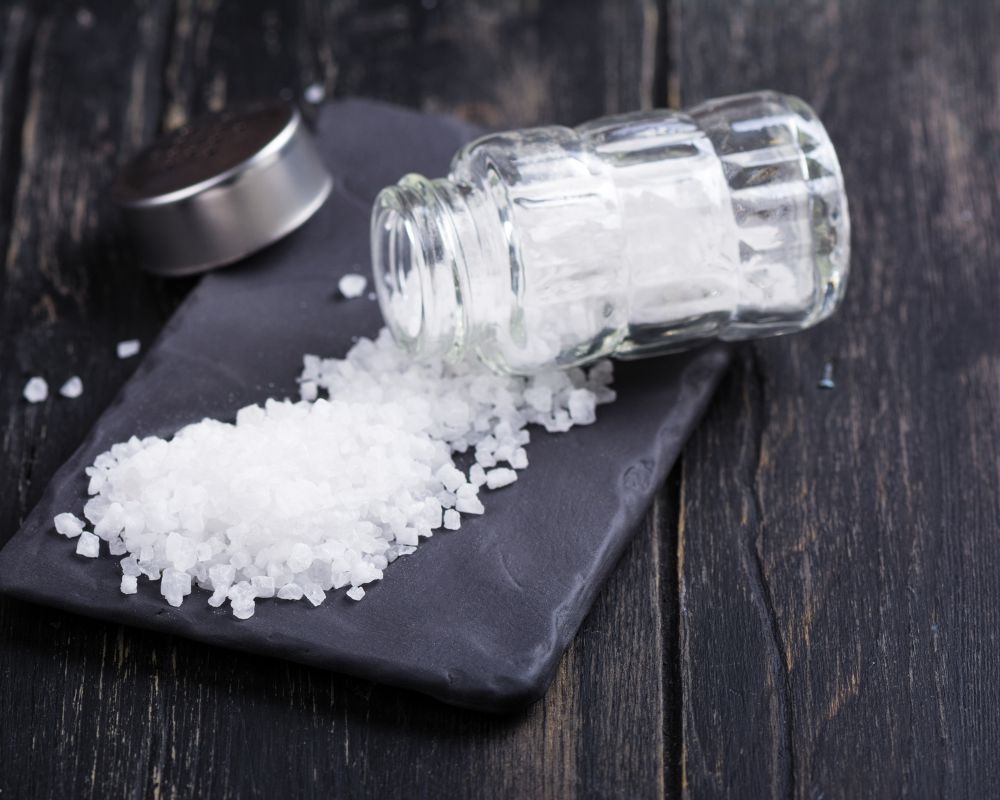
Iodized salt is a type of table salt that has been fortified with iodine, so it has a more intense and concentrated flavor than regular salt.
Substitute 1 tablespoon of kosher salt with 1/2 tablespoon of iodized salt.
9. rock salt
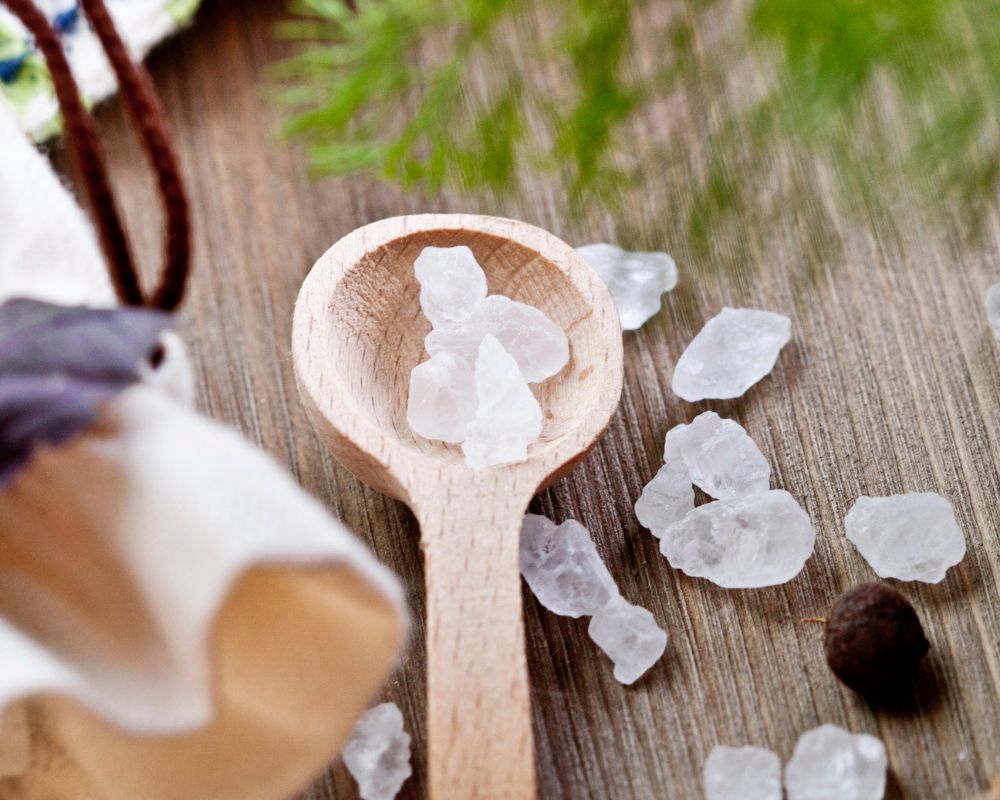
Rock salt is coarser than kosher salt, and it has a noticeable mineral taste. It has various purposes, from deicing roads to food preservation. It’s also sometimes used to make ice cream and maintain the cold temperature in coolers.
Add it in equal amounts as kosher salt.
10. Celery salt
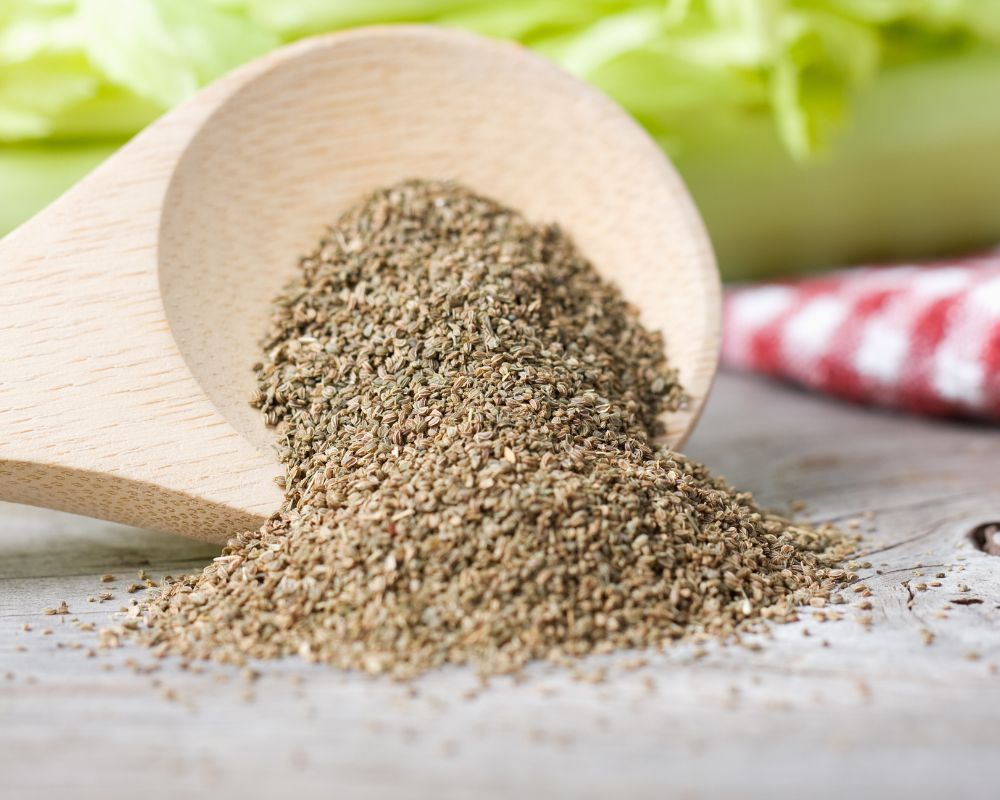
Celery salt is a seasoning salt made from ground celery seeds and salt. Its distinctive flavor is milder and frequently combined with other seasonings. It can be used as a kosher salt replacement in recipes that require a salty, subtle herbaceous flavor, especially in savory dishes or soups with onions and carrots.
To substitute for kosher salt, use half the amount of celery salt as the recipe calls for.
11. Hawaiian red salt
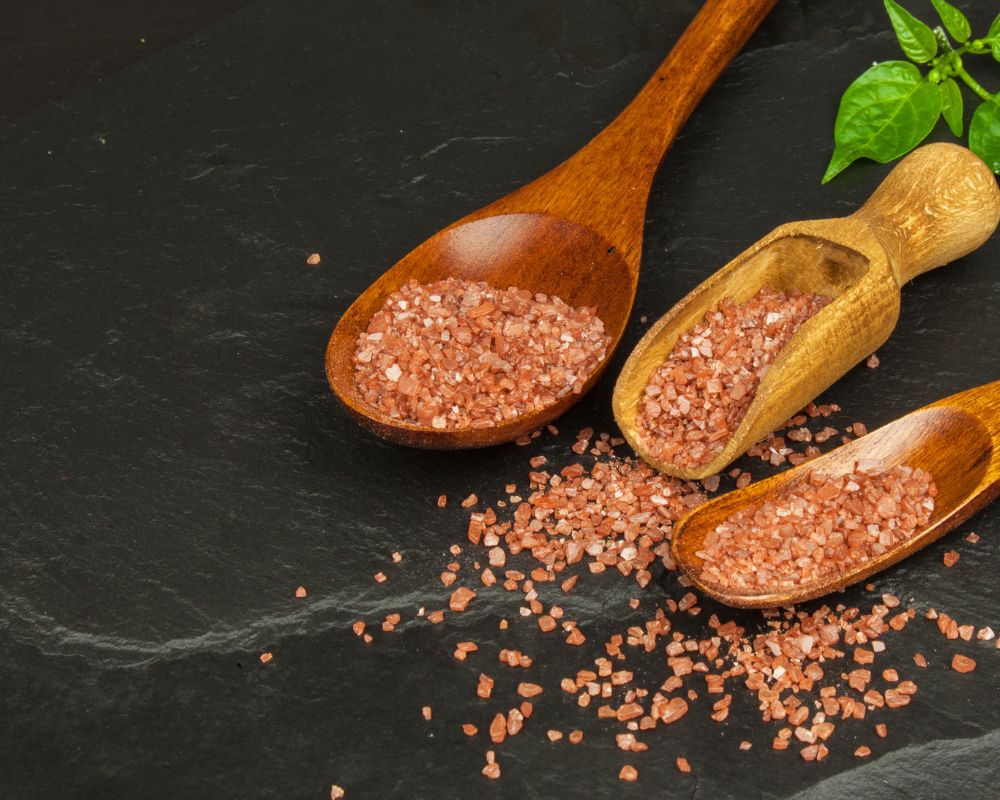
Hawaiian red salt is a type of sea salt that is rich in minerals and has a slightly sweet taste. It can be used as a replacement for kosher salt in recipes such as grilled fish or roasted meats.
The flavor of Hawaiian red salt is unique and can add a subtle sweetness to your dish. However, it is also more expensive than kosher salt and may be harder to find in stores.
To substitute kosher salt with Hawaiian red salt, use a 1:1 ratio.
What are the benefits of kosher salt?
Every type of salt has some benefits as long as it’s consumed in moderation (be wary of over-salting your food). Some benefits of using kosher salt include:
- Enhanced flavor
- Better seasoning
- Versatility
- Less sodium
- Better for brining
Because kosher salt has larger crystals than table salt, it can give food a better texture and enhance the overall flavor of dishes.
The larger crystals of kosher salt make it ideal for seasoning meat and fish, as it sticks well to the surface of the food and doesn’t clump up.
Because it’s considered a standard type of salt, it generally goes with any dish imaginable. There is no recipe in which you couldn’t use kosher salt.
Kosher salt contains less sodium than table salt by volume, so you’ll be less likely to have high blood pressure.
Because of its larger crystals, kosher salt is ideal for use in brining.
Can I use regular salt instead of kosher salt for baking?
You can definitely use regular salt instead of kosher salt in baking recipes. However, it’s important to note that kosher salt has a larger crystal size, so you may need to adjust the amount of salt used in a recipe if you’re substituting regular salt, about 1.5 times as much regular salt.

